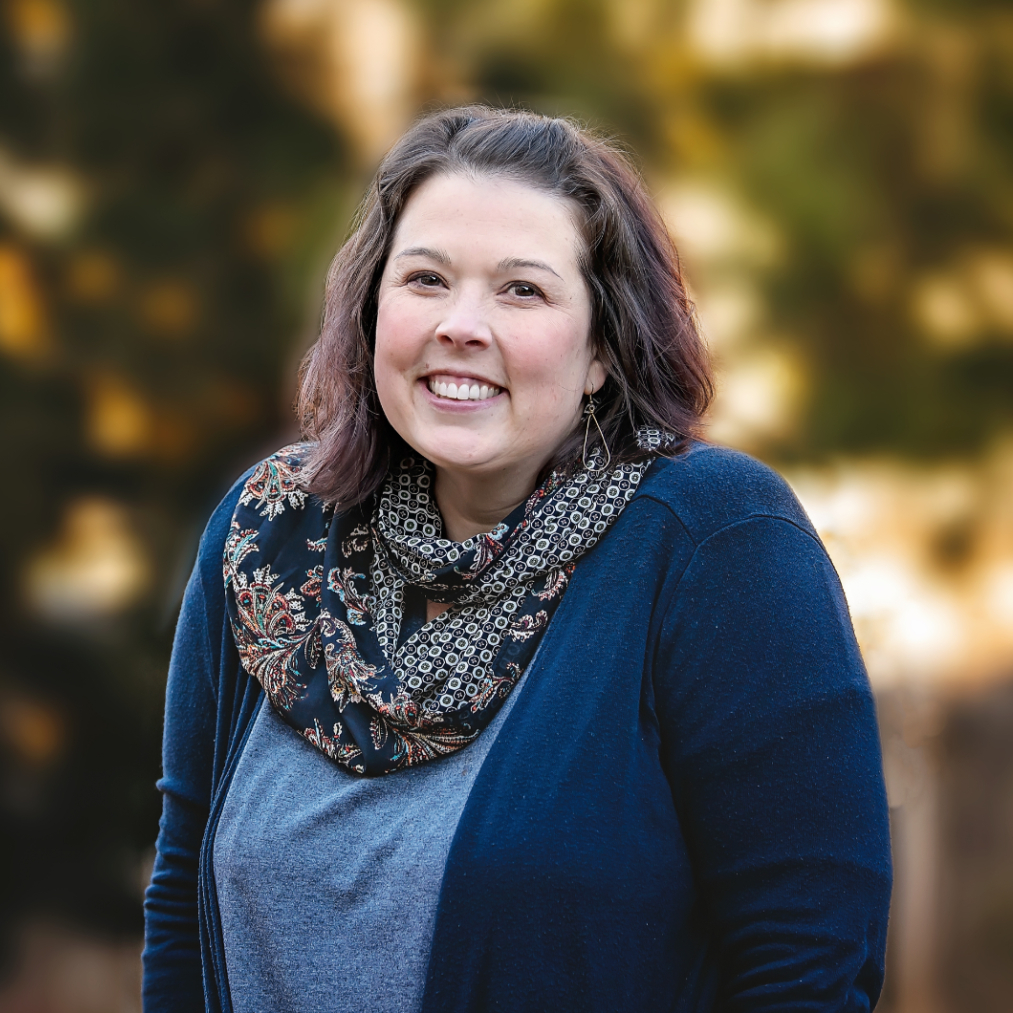News
Meet the Trainer: Kathy Woerner

Trainers Hub member and BU School of Social Work alum Kathy Woerner (MSW‘16) is a licensed clinical social worker in the state of Georgia who works with adults and couples. Kathy is the owner of DownStreamFirst dba DSF Educational Pursuits, a women-owned small business providing mental health counseling and Employee Assistance Program (EAP) consultative services to individuals, couples, families, and businesses. Additionally, Kathy has recently launched a continuing education and enrichment organization for mental health professionals called Cultivated Mental Health, LLC.
The Network for Professional Education at BU School of Social Work (BUSSW) recently spoke with her about developing educational opportunities for fellow practitioners and building communities to elevate fellow social workers.
Tell us a little bit about your professional background and why you do the work that you do.
There are so many why’s and I think that I find more and more each day. For me, social work and therapy is where I’m most grounded–when I’m connected with clients and the social work mission of advocating for care. I appreciate that this work offers an opportunity to be present and to connect with and elevate others.
Could you share how you made the transition from private practice to starting your own organization and providing educational opportunities for other practitioners?
I always knew I was going to move into private practice. I knew it would be important to work with the community and I still volunteer in those places today. I see continuing education and training others as a wing of my clinical practice. That wing is a direct result of a virtual peer consultation group I started about two years ago.
During the pandemic, I asked my peers to come together so we could consult with each other. I felt we really had an opportunity to elevate and support each other, instead of feeling isolated while we were quarantined in our home offices. That consultation group became a safe place for professionals to come and consult with each other on cases to make sure we were providing the best care, while also taking care of each other. As that developed, I realized there were some other things that I could offer or advocate for, so I just kept adding them. All of a sudden I realized that this was getting big and I needed to have a specialized area for this work, which is how my organization, DownStreamFirst dba DSF Educational Pursuits, grew into Cultivated Mental Health, LLC.
What are some of the additional initiatives that spun out from that initial group?
Right now we have a book club. We’re currently reading No Bad Parts by Dr. Richard Schwartz for those interested in internal family systems models. We also offer continuing education opportunities on a variety of different topics including ketamine assisted therapy, Adlerian play therapy, and trauma-informed care. We’re adding all kinds of different pieces.
Have you seen any interesting outcomes from providing this community for professionals?
I’ve noticed a desire to get together in person, so I do a monthly walk and talk for people who are local and want to come together and literally take a walk outside and talk. Because people are located all over the place, I’ve encouraged folks to do that in their own communities, too. It’s been fun to see how that has developed. It’s been successful because it doesn’t cost anything to meet up for a walk, you know, other than our time.
How did you discover The Network and what were some of the valuable takeaways that you took from the Train-the-Trainer Certificate Program?
Here in Georgia, I was talking to a couple of peers who were sharing all of the offerings from their alumni organization. That inspired me to look into my alma mater, BUSSW, which, as it turns out, offers amazing things and there are some wonderful programs out there.
The timing for the Train-the-Trainer Certificate Program was great because I was developing a lot of curricula already. I was curious about what information might be available that would be different from what I had already been exposed to. There were some really amazing resources that were in the Train-the-Trainer curriculum. I’m really glad I took the time to walk through it.
As a member of the Trainers Hub, what do you feel are the benefits of participating in communities like these?
Having the chance to collaborate and learn from each other is so valuable. As much as I want to elevate someone else, I get so much from the interaction as well. I become friends with people and that’s a beautiful thing.
It was kind of an unexpected development in my career. I was like, “Hey, why don’t we talk about this topic?” and then all of a sudden we’re also sharing other information behind the scenes. It’s beautiful to be able to work with others when we’re in private practice, or conducting our own line of business. We’re able to support each other in similar kinds of businesses – we don’t have to be competitors. We can be colleagues and elevate each other.
Do you have any advice for either a new trainer or new social worker who’s just entering the field?
Take your time. Breathe. Definitely celebrate the wins. As someone who has a million ideas, I realized that I don’t have to implement them all. It’s okay to master something first and then add to it.